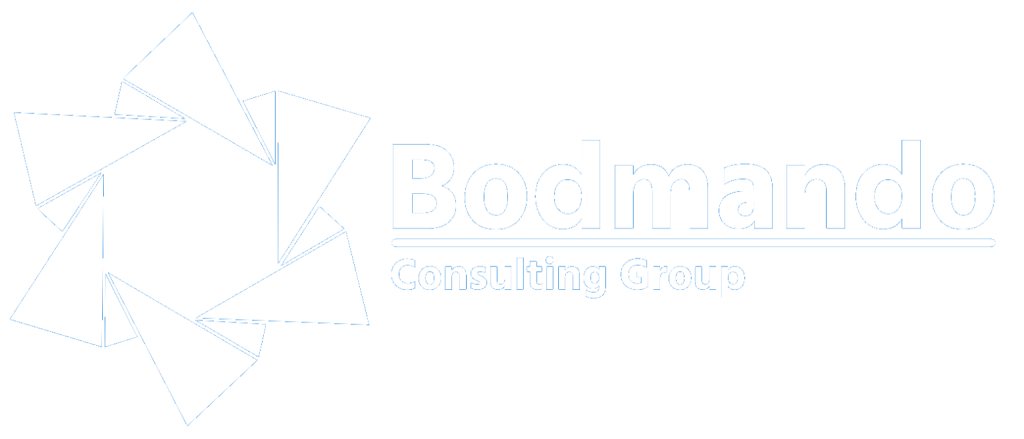The Gender and Climate Nexus
Empowering communities, fostering equality, and building resilience.
GENDER AND CLIMATE NEXUS
Why the Gender and Climate Nexus Matters
Climate change disproportionately affects women and marginalized groups, intensifying vulnerabilities and widening inequalities. Women, especially in rural areas, are often frontline responders to climate impacts but lack access to resources, decision-making, and support systems.
- Key Insight: 70% of people living in poverty are women, who are more exposed to climate risks.
- Our approach ensures that gender equity and climate resilience are embedded in solutions that create lasting impact
GENDER AND CLIMATE NEXUS
Integrating inclusive, sustainable approaches
We integrate gender and climate perspectives into every stage of the MEL process to ensure inclusive and sustainable outcomes.
Key Activities:
- Develop and utilize gender-responsive and climate-sensitive indicators to assess program impacts.
- Conduct participatory evaluations, ensuring the inclusion of women and marginalized groups.
- Analyze data to uncover gendered vulnerabilities and climate-related risks, enabling evidence-based learning.
- Provide actionable insights for adaptation strategies that address gender and climate challenges.
Our approach to policy and program design incorporates the gender and climate nexus to foster equitable and sustainable outcomes.
Key Activities:
- Design policies and strategies that address the differentiated impacts of climate change on various gender groups.
- Conduct stakeholder consultations to ensure inclusive decision-making processes.
- Promote equitable resource allocation and capacity-building programs tailored to the needs of vulnerable populations.
- Align programs with global frameworks such as the Sustainable Development Goals (SDGs), especially SDG 5 (Gender Equality) and SDG 13 (Climate Action).
We support organizations in embedding gender and climate principles into their systems and processes for long-term sustainability.
Key Activities:
- Conduct institutional assessments to identify gender and climate gaps in policies, governance, and operations.
- Develop frameworks and tools for mainstreaming gender equality and climate resilience across institutional activities.
- Provide training for leadership and staff to promote gender equity and climate resilience.
- Foster partnerships and collaboration between stakeholders to strengthen institutional networks.
Our capacity strengthening initiatives empower individuals and organizations to address gender and climate challenges effectively.
Key Activities:
- Deliver customized training programs that enhance knowledge and skills at the intersection of gender and climate.
- Facilitate knowledge-sharing platforms, workshops, and peer-to-peer learning to promote collaboration and innovation.
- Develop practical tools and resources to support local-level implementation of gender-sensitive and climate-resilient solutions.
- Build long-term partnerships to ensure continuous mentorship and support for capacity development.
We create practical, user-friendly toolkits that enable stakeholders to address the gender and climate nexus effectively.
Key Activities:
- Design toolkits with step-by-step guides for integrating gender and climate considerations into program cycles.
- Develop data collection and analysis tools to assess gender and climate impacts comprehensively.
- Include case studies and best practices to provide actionable insights and replicable models.
- Ensure tools are adaptable and inclusive, meeting the needs of diverse stakeholders and contexts.


